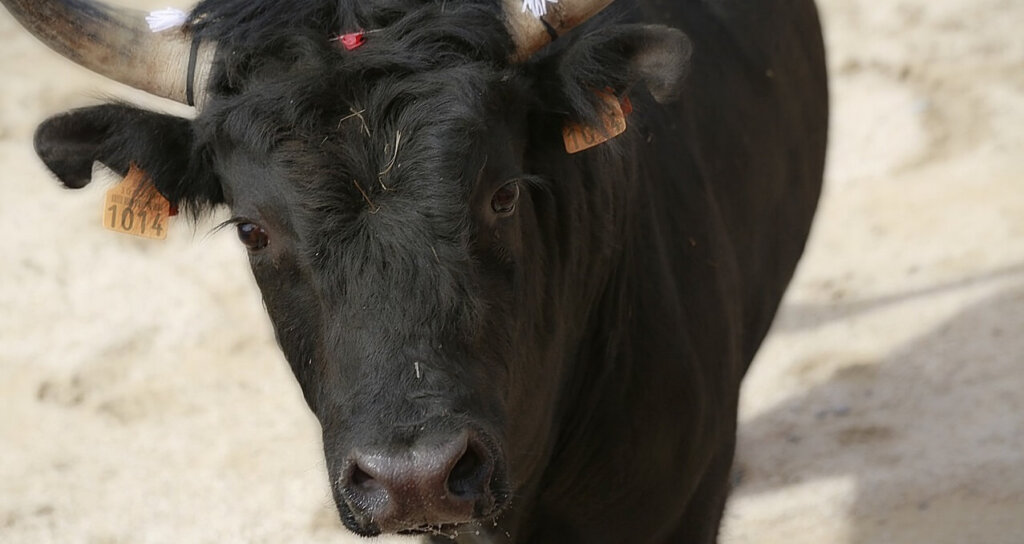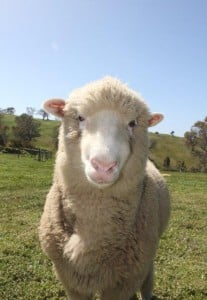
Honour animals during Eid al-Adha
As a Muslim who grew up in the Indo-Pak subcontinent, I am appalled that any devout Muslim would consume the flesh of animals who have been cruelly shipped to and slaughtered in the Middle East. To do so during Eid al-Adha not only goes against our faith but also dishonours God. Let me tell you why.
Sheep shipped to the Middle East often come from Australia, and it is by far the longest distance sheep have to travel. Every month, tens of thousands of sheep are crammed onto huge shipping vessels and suffer for days on end as they make their way across the ocean. Unable to move in often sweltering conditions, many die of disease or starvation. Sick and injured animals typically don’t receive veterinary care. Even those who manage to survive the gruelling trip don’t often make it off the ship alive since ventilation systems shut down when the ship reaches the unloading dock.
Islamic law is clear: for meat to be halal, animals must not be under stress or experience any discomfort prior to their slaughter. They cannot be mutilated, deformed, or diseased when killed. Any meat that is obtained as a result of any departure from these edicts becomes haram.
Sheep who are shipped thousands of kilometres in excruciating conditions, who suffer from starvation and thirst and who routinely die of disease can never be halal. Islam requires animals to be alive and healthy at the time of slaughter. Sheep used in the live-export trade, who endure long transport in immeasurably cruel conditions, are far from healthy.
Studies have found that about half of all sheep deaths during sea transport to the Middle East are caused by starvation. These animals are used to eating grass and do not recognise the pulverised pellets that they are provided with on the ship. Even though they are famished, they simply stop eating. The extremely crammed conditions means that even those whose desperation prompts them to try the pellets may not be able to get to the feeding troughs or eat enough to keep them alive.
After the dazed and starving survivors are unloaded, their ordeal is not over. They are transferred to feedlots, where investigations have documented that sick and weak sheep are not provided with care. Finally, they are moved to market, where they are pushed, pulled and roughly yanked around by workers.
As if the transport of these animals isn’t egregious enough, there’s more. Many of the sheep who are shipped are cast-offs from Australia’s wool industry. These sheep have already been subjected to painful castration and have had their tails cut off without pain relief. Sheep used to produce wool also endure a cruel mutilation known as “mulesing”. They are pinned on their backs while large chunks of skin are cut from their hindquarters – often without pain relief. This practice is used as a way to prevent what’s called “flystrike”, where flies lay their eggs in the wrinkly folds of their skin and maggots develop. But many other humane options for flystrike prevention are readily available.
If you are shocked and dismayed to learn about what goes on in this cruel industry, you should be equally aghast that the meat being sold as a result is being labelled as halal, since it clearly does not meet the requirements of Islamic law.
We are compelled, as Muslims, to refrain from eating sheep who lived and died in misery and to share this information with other Muslims.
Syed Rizvi is a physicist, a PETA volunteer and the founder of Engineers and Scientists for Animal Rights.
Let’s make 2025 a historic year for animals





